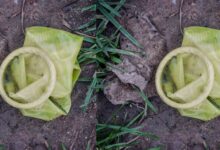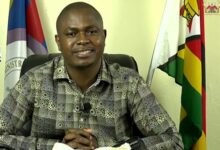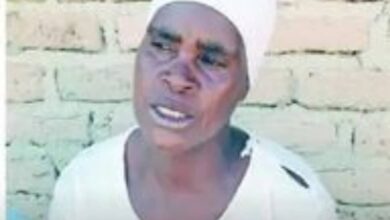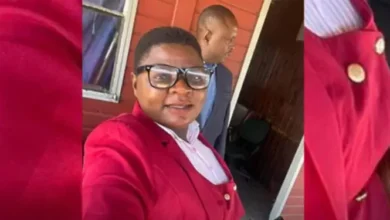‘I Always Felt That I Would Become A Radiographer’: Manchester Based Zimbabwean Speaks
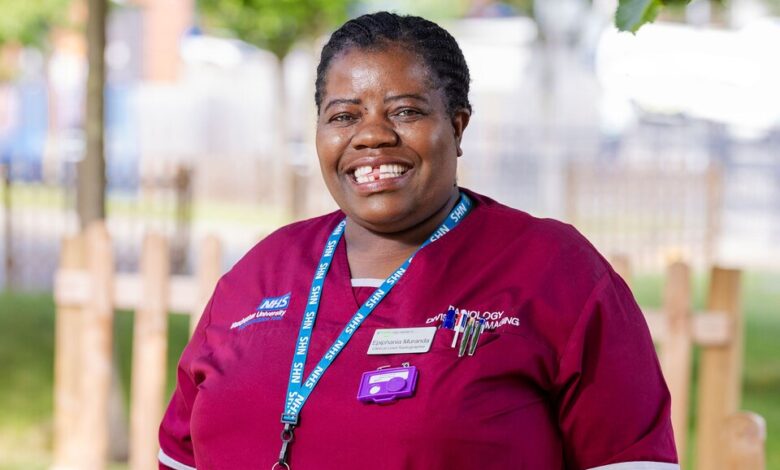
While growing up, Eppie Muranda never imagined leaving her home village, so moving to the UK as a teenager came as a surprise to her. “The homesickness and cultural shock were both really hard,” she says. “When I first discovered the role of radiographer my own mother didn’t believe someone like me could do it. I went to hospital with her in 1984 when she broke her leg and was fascinated by the radiographers positioning her and then going behind the screen to take pictures.
“When I told my mother I’d like to do this, she wasn’t sure because at the time there was a misconception that you needed financial backing to have a career like that, but I always dreamt that I would become a radiographer.”
When Eppie left school at 18 she studied data processing management for two years and went on to work in hospitality, but didn’t find the job satisfaction she craved. She also tried dressmaking and designing but found it exhausting.
Changing jobs to be a healthcare assistant in nursing homes and hospital settings revived her earlier dream to be a diagnostic radiographer, due to being in a healthcare environment and because during this time she read a lot about radiography and physics. Some 22 years after that first experience, Eppie began studying Diagnostic Radiography and graduated with honours in 2009 from Salford University.
“I’ve always been strong and confident”, says Eppie, “and my father was my greatest encourager as I studied towards my dream.”
Her previous experience in patient safety, administering controlled drugs, communication skills, team leading and solving problems all helped her take on her new role with confidence, and she did a further two years training in Interventional Radiology (IR). Now promoted to Clinical Lead, she is still as interested in her job as when she first started considering it.
“It’s good to know I’ve enhanced the department and contributed to the Trust,” says Eppie. “During my interview one manager said, ‘You’re a positive influence and I’d like to thank you for all your hard work and commitment.’ That sort of feedback makes me want to improve and do more. There’s also a good structure to follow and my managers work with me. We have constant meetings and they have an open-door policy so I know they have my back.”
Helping patients provides constant satisfaction for Eppie. “I love to see patients treated with respect, dignity, and empathy – just as you would want one of your loved ones to be treated,” she says. “We cover a wide range of procedures and of course people fear the unknown.
“My skills have upgraded, there are loads of opportunities and my Trust is massive with close-knit collaboration and harmonisation of health services. It’s very innovative and promotes equality, diversity and inclusivity,” says Eppie.
“My Trust strives continually to improve the life chances and wellness of the diverse communities across Manchester [where Eppie now lives with her husband Adewale] and the surrounding areas. I encourage people to train in diagnostic radiography – my own daughter is soon graduating in therapeutic radiography.
“I also run a charity organisation where I raise awareness of careers such as radiography or radiotherapy and run Black History Month events where communities come to network, socialise and be empowered.”
Telegraph



